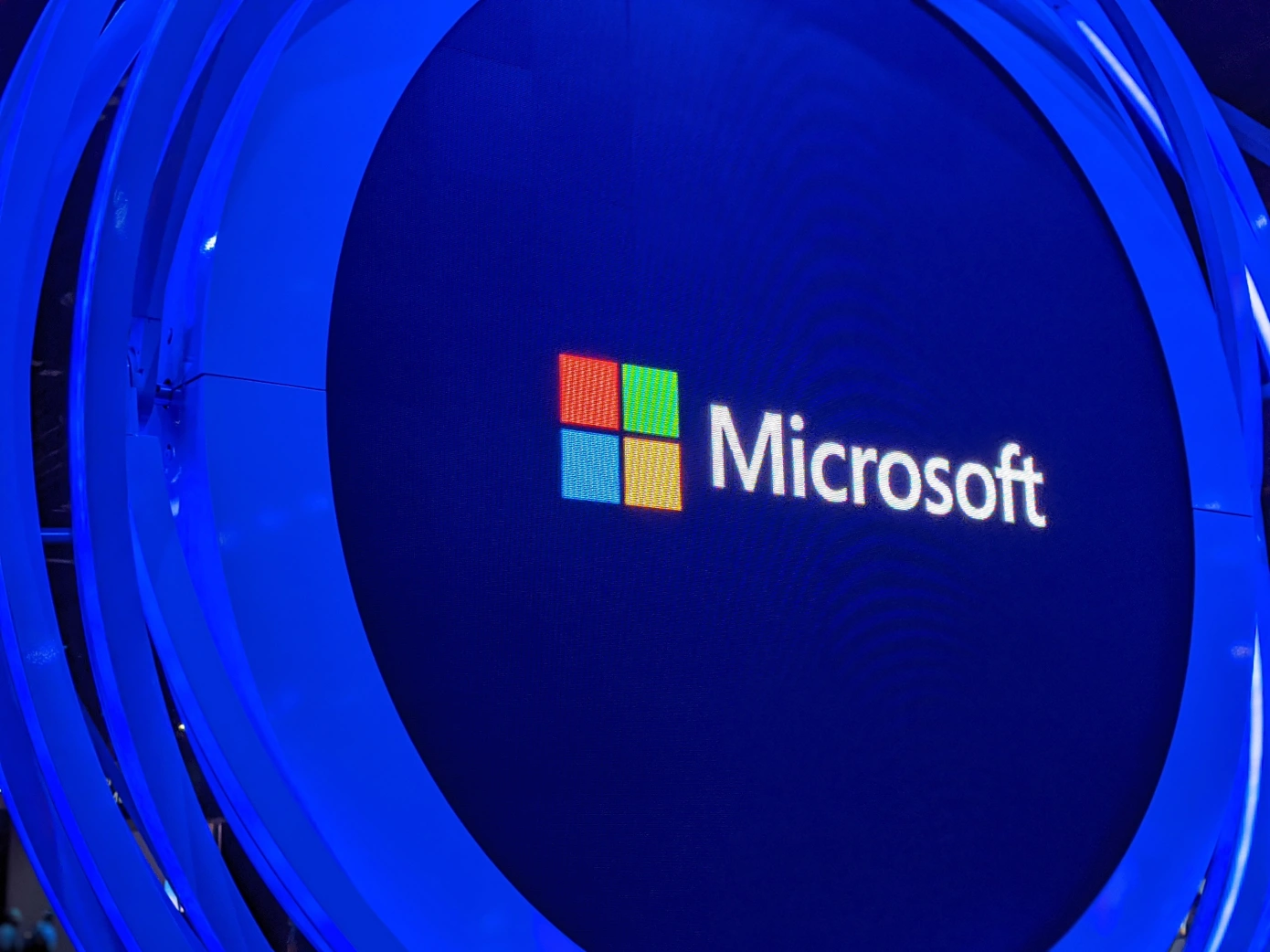In a move that could potentially shake up the artificial intelligence (AI) industry, Microsoft is reportedly developing its own AI chips. This development follows the company’s significant investment in OpenAI, the firm behind ChatGPT.
According to a report by The Information, Microsoft has been working on the microprocessor since 2019, with a select group of employees and OpenAI personnel already testing it under the code name “Athena.” The chip is designed to be used for training large language models, and Microsoft hopes that it will outperform the processors it currently purchases from other suppliers.
This move would not be unique, as other major tech firms such as Amazon, Google, and Facebook have also developed their own AI processors. By creating its own chip, Microsoft could save time and money on its expensive AI projects and potentially gain a competitive edge in the industry.
In order to support OpenAI’s ChatGPT and Bing AI chatbot, Microsoft has constructed a supercomputer that is capable of training vast numbers of models. The system uses tens of thousands of Nvidia A100 graphics chips, which are connected to form a network. In 2019, Microsoft invested US$1 billion in OpenAI to build this “massive, cutting-edge supercomputer.”
The supercomputer was designed to provide the processing capacity needed to train and retrain an expanding number of AI models over extended periods of time, using massive amounts of data. Nidhi Chappell, Microsoft’s head of product for Azure high-performance computing and AI, noted that research had shown that the larger the model, the more data available, and the longer the training period, the greater the accuracy of the model.
In short, Microsoft’s investment in OpenAI has allowed for the construction of a state-of-the-art supercomputer that can handle the massive computing power required for training advanced AI models like ChatGPT and the Bing AI chatbot.
Google has recently unveiled the Tensor Processing Unit (TPU), which is a specialized chip designed for machine learning tasks. The TPU is claimed to be incredibly efficient, using minimal power while still being able to perform billions of operations per second.
This innovative chip was specifically created to work in conjunction with TensorFlow, Google’s open-source software framework for machine learning. With the TPU’s capabilities, users can expect more accurate and efficient machine learning performance, making it an exciting development for the field of artificial intelligence.









